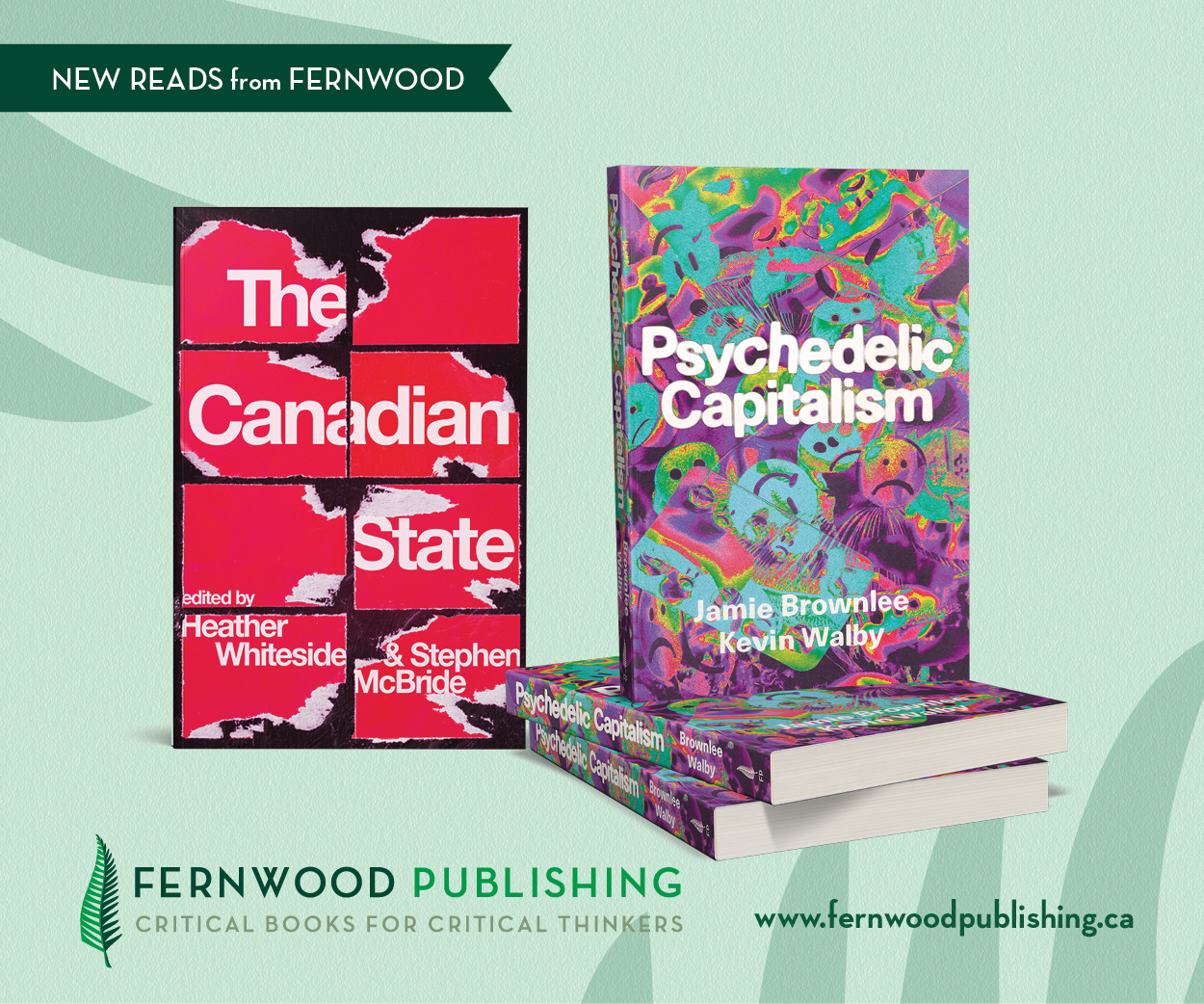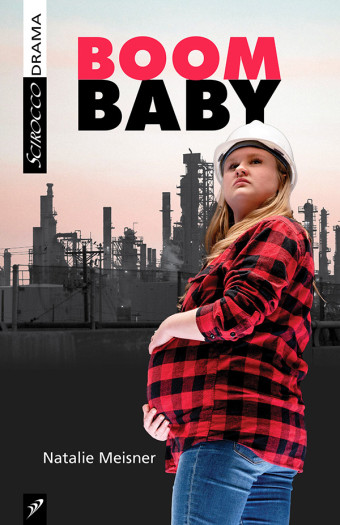I’m a librarian and I have a confession to make: when I think about the work I do, books aren’t the first thing that comes to mind. I work in a public library (this past December I celebrated my 11th “librarian birthday”) and what I see when I close my eyes on the bus ride home is waves, clusters, and crowds of people.
The second thing that comes to mind is information. The third is email (seriously, help!). And the fourth is – yes, absolutely – books. And though books, and especially, I think, books in print form, are what many people think of when I tell them where I work, my job is to connect people with information – in whatever format is best suited to the task.
Often I meet people’s needs with articles, government websites, data sets, blog posts, images, presentation slides, Reddit threads, YouTube channels, and just about everything in between. Sometimes I provide these sources to people who insist that they want a book.
During these interactions I find myself alternating between convincing a person that the resource is, very likely, exactly what they’re looking for, and building their confidence in themselves to explore new formats.
“My own not-so-secret wish? To be able to match every person I serve with ‘perfect’ information.”
The flip side of this is when I serve people who don’t think to look for answers in a book – and, especially, in a print book. My work in these instances is the same, though. I introduce the information as something that’s going to complement and strengthen their search.
I build up their confidence in using it (“Trust me, the index is your friend”).
And then I give them one of the original mindfulness exercises: browsing the library stacks with gentle curiosity and awareness. I still think the serendipitous finds are one of the best things physical libraries make possible, and for that you’ve got to browse.

So what’s my point? Right! People. My work is all about people and their information needs, and those needs are a reflection of their pasts, their presents, and what they may be hoping for their futures. I find that this is true no matter the person, no matter the nature or scope of the question.
Meeting those needs requires the mother of all cross-referencing dances – across formats, topics, perspectives, literacy levels, politics, biases, insecurities, goals, and secret wishes.
My own not-so-secret wish? To be able to match every person I serve with “perfect” information. To me that perfection is achieved when a person’s question is answered in such a way that they immediately go on to ask more questions, and on it goes.
If you’re looking for a timeline of residential schools in Canada, okay, done, here’s the link – but if you want to have a deeper understanding of what happened, you should consider reading Rosanna Deerchild’s poetry in calling down the sky.
Non-fiction needs poetry, fiction can speak to science, a heavy index needs the right playlist. People’s questions need all the answers.
See you at the library.
Editorial note: Welcome to our new back page series, where we hear from those who spend their days working with, on, and around books.













